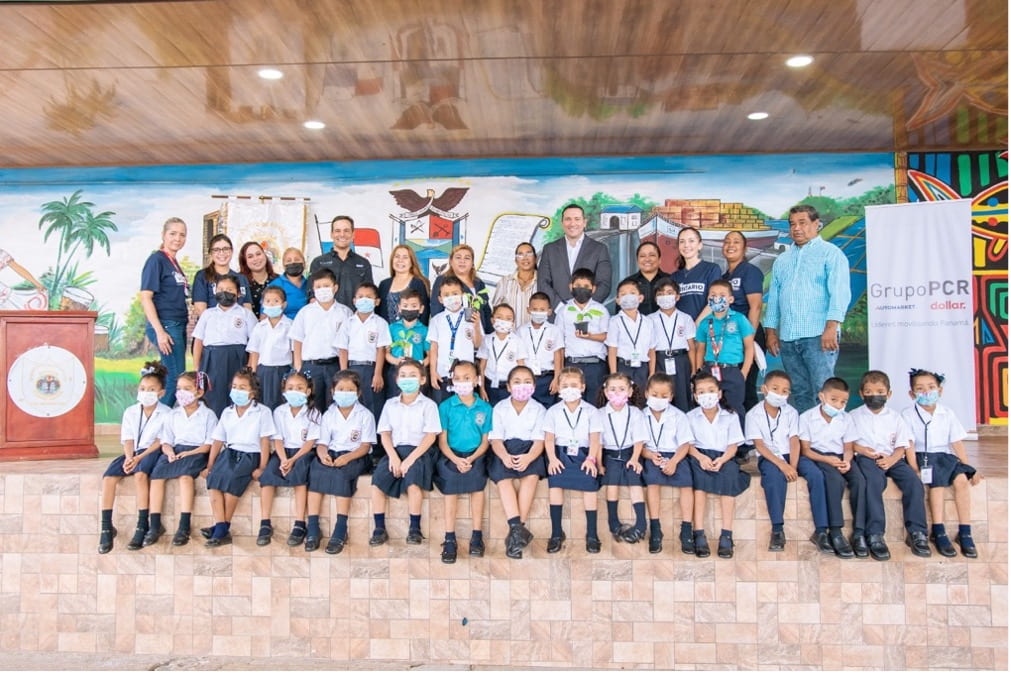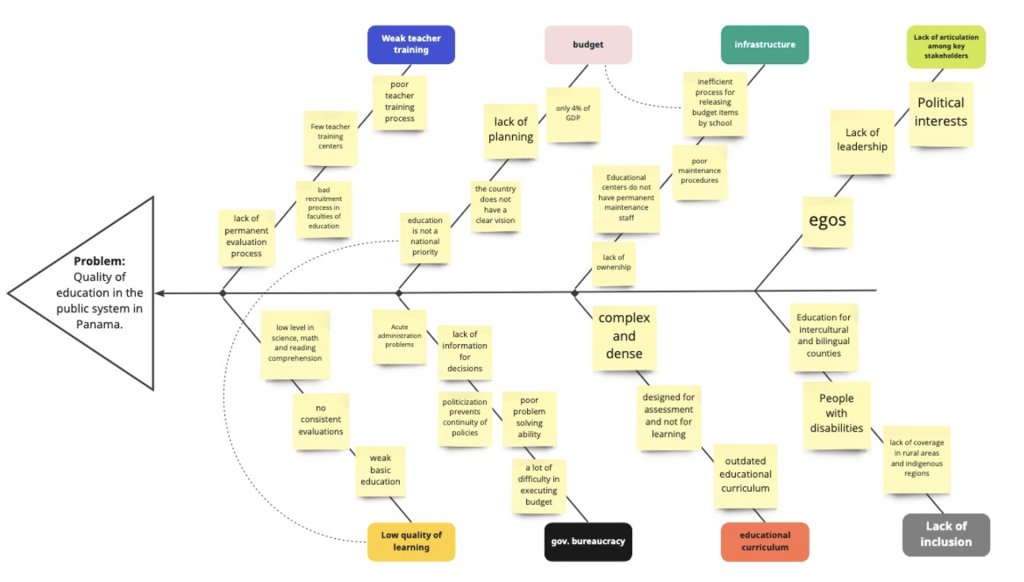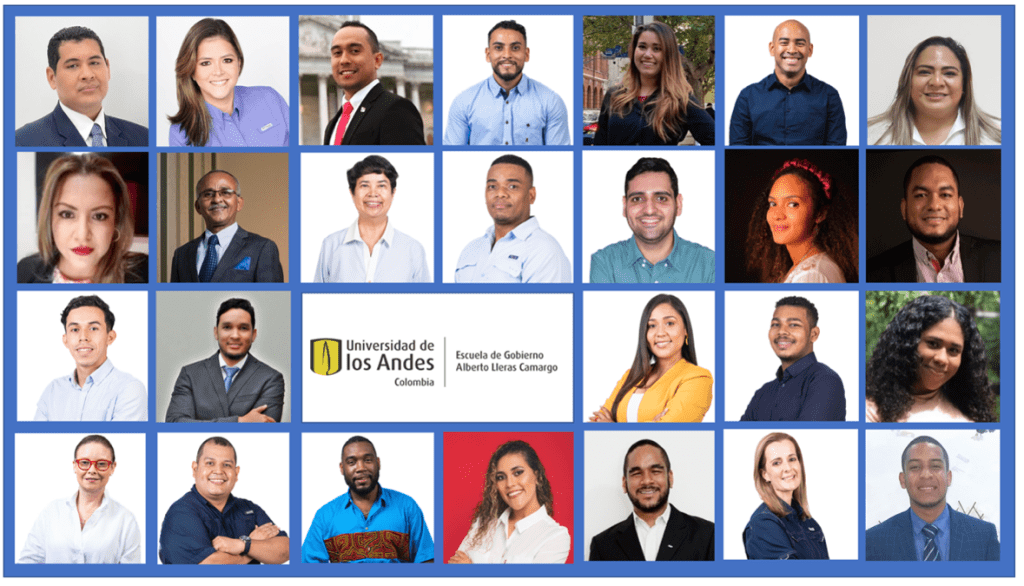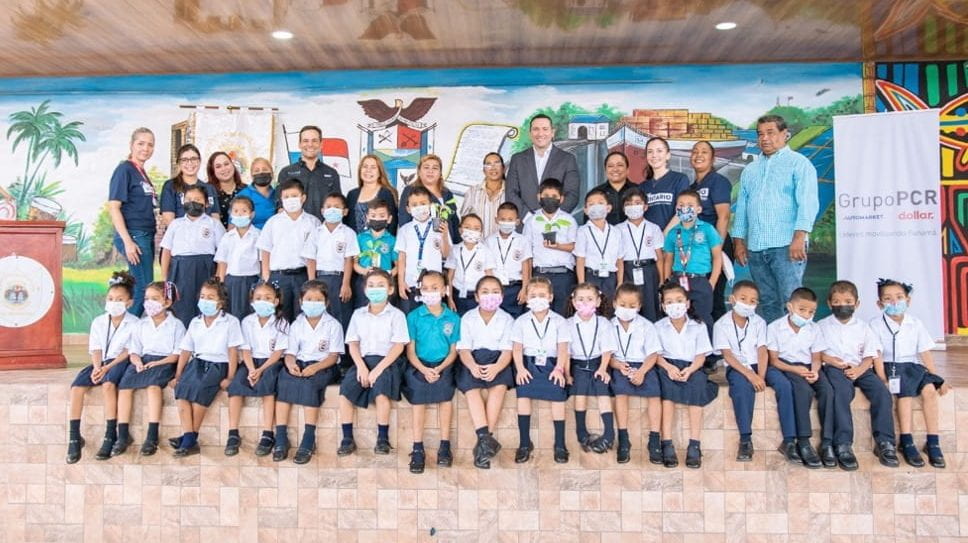
Guest blog by Antonio Saad
In 2018 I decided to start a certification in public policies at Harvard, understanding that the great challenges that my country faces, require a deep understanding of how the public sector works and also what tools could give me the bases to be able to provide better solutions to the most challenging problems.
That was how I started. The first program I took was Infrastructure in a Market Economy, understanding that the figure of PPPs could be an alternative to carry out infrastructure projects that would boost the economy. The second program was Leading Economic Growth, understanding that at the end of the day, a dynamic and healthy economy opens opportunities for human development and social well-being. When I finished the second program, I noticed that all the knowledge acquired (theoretically speaking) was of great value, however, I needed something more grounded, more practical and that would teach me how to really implement all those ideas and concepts learned.
Thus, when evaluating the options for my third program required to obtain the certification, I chose Implementing Public Policy. A program focused on two things that seem fundamental to me: action and shared leadership. In addition to a blended form that I found very interesting due to its duration and order.
I had high expectations of this third program, the Harvard Implementing Public Policy (IPP) and I have to say today, that they were even exceeded. I was right when choose this one for the end.
The main lessons learned are:
- Leadership is about mobilizing people (and you need to move yourself first).
- Truly sustainable changes have something in common: legitimacy.
- Building trust and legitimacy requires knowing how to ask the right questions and how to listen authentically.
- It is better to go little by little but progress through an iterative adaptation.
Profound and truly significant changes require leaders capable of taking risks for those things that really matter to them, sharing that risk with other leaders, and knowing how to understand the problem in depth before jumping to conclusions or possible solutions.
All this learning came to me like a glove in the hand in a moment where I was struggling with the challenges I face in Panama. In fact, one of the main problems that we have as a country and that prevents true socioeconomic development is the poor quality of public education. If we do not have the capacity to adequately prepare our population, it is very unlikely that we will be a country capable of generating knowledge, industry and scientific development, therefore, a country that loses competitiveness.
This is why I chose the quality of public education in Panama as my implementation challenge. Understanding that if we manage to improve education, we can improve people’s quality of life and generate a more robust and positive socioeconomic dynamic.
By doing my fishbone exercise I was able to identify many root problems that were not obvious to the naked eye. Also, I was able to realize the low level of authority that he had in many of these edges. However, I was also able to identify some areas of opportunity or entry points in which I could take action.

A specific action in which I decided to intervene was in the lack of articulation between key actors. Specifically, in the lack of capable and prepared leadership that is consistently involved in the search for solutions in education.
To solve that, I developed and implemented the Public Management Leadership Program in partnership with the Universidad de los Andes with the objective of identifying leaders involved and being able to offer them the necessary tools to play a better role in public affairs related to the implementation challenge.

Some of the most relevant insights I have had in the process are:
- We have many leading citizens who want to contribute to solutions in the public sector, but very few have the opportunity to prepare.
- There are many leaders working in isolation. These types of programs, in addition to teaching them tools, etc. provides an opportunity for networking.
- In order to share the risk, you must have a network of people who share the vision and values. If you can help them prepare with the right tools, even better.
The problem driven approach is a game changer to me. This program and the PDIA method have radically changed the way I approach the problems I was facing. Before I used to run to elaborate possible solutions, but I did it without enough information about the problem. In general, the projects had many delays and adjustments, all due to an initial misunderstanding. Now with PDIA it is clear to me how useful and important it is to dedicate the necessary time to understanding the problem, and thus design a better solution.
This is a blog series written by the alumni of the Implementing Public Policy Executive Education Program at the Harvard Kennedy School. Participants successfully completed this 6-month online learning course in December 2022. These are their learning journey stories.
